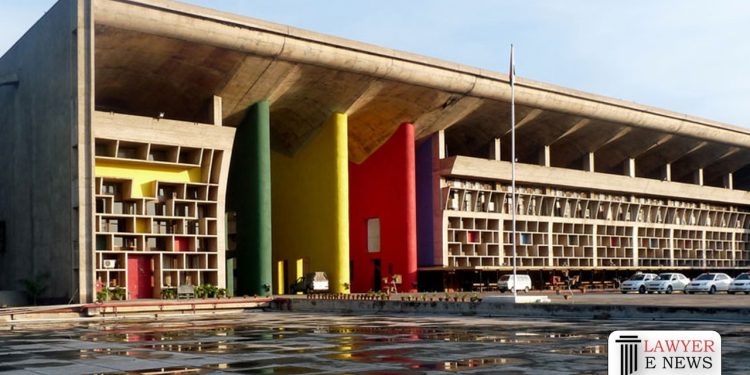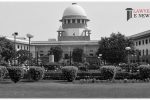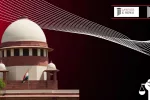Court Dismisses Petition to Summon Additional Accused in Ruling, Upholds Admissible Evidence Principle

Chandigarh : In a significant ruling, the Punjab and Haryana High Court, presided over by Justice Jasjit Singh Bedi, has dismissed a petition seeking the summoning of an additional accused. The Court’s decision is a pivotal assertion of the principle that evidence against an individual must be substantial, corroborated, and admissible before invoking legal action.
The case involved an application under Section 319 Cr.P.C., in which the petitioner sought to summon respondent No.2 as an additional accused. The Court examined the evidence and underscored the importance of admissible evidence in proceeding against an additional accused. In his oral observations, Justice Jasjit Singh Bedi noted, “While exercising powers under Section 319 Cr.P.C., the court must be convinced by substantial evidence, not mere suspicion.”
The court’s ruling emphasized the significance of adhering to the admissible evidence standard. The judgment stated, “The Court’s discretionary power to summon an additional accused should be exercised judiciously, ensuring that justice is upheld and innocent parties are not harmed.” The ruling clarified that “hear say” evidence is inadmissible, and only evidence presented in Court, be it oral or documentary, should be considered for invoking Section 319 Cr.P.C.
Justice Bedi referred to earlier judgments, notably the Michael Machado case (2000) and the Manjeet Singh case (2021), to elucidate the scope and limitations of the court’s powers under Section 319 Cr.P.C. He highlighted that the court’s powers should not be exercised solely based on doubts, but rather on the presence of substantial, corroborated evidence.
The court’s verdict affirms that the legal process must be anchored in a robust and just evaluation of evidence. With the dismissal of the petition, the High Court has underlined the necessity of a strong evidentiary foundation before summoning an additional accused.
Date of decision:10.08.2023
Kuldeep Singh vs State of Punjab and anr.






